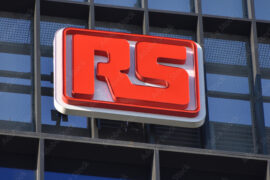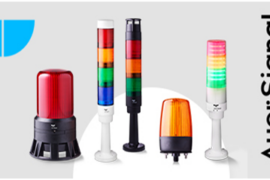Acal BFi, – a division of Acal plc (FTSE: ACL) – announces the availability of alternatives to Fast Synchronous SRAMs (FSSs) made obsolete by the planned withdrawal of Samsung from the FSS market.  The second-source service will enable OEMs and CEMs to avoid the risk of disruption to the continuity of supply, in addition to offering improvements in system performance, reduced lead-times and fast sampling.
The second-source service will enable OEMs and CEMs to avoid the risk of disruption to the continuity of supply, in addition to offering improvements in system performance, reduced lead-times and fast sampling.
“Despite continued demand from customers, the sources of supply for fast synchronous SRAM have been shrinking, with Samsung following Toshiba, Micron and IBM in withdrawing from this sector,” explains Acal Technology’s President of Electronics Division, Philippe Gruson. “Fast synchronous SRAMs have developed into high-mix products, with a wide range of architectures designed to meet the growing and diversified demands of the networking market. As the number of architectures and part numbers has increased, so the production volume for each individual device has diminished to the point where many manufacturers are finding it hard to maintain profitability.”
Using the industry’s widest range of fast synchronous SRAM, from specialist manufacturer GSI Technology, Acal BFi can cross-reference and sample a fit, form and function replacement for virtually any existing high-speed SRAM.
GSI is the only company to focus their entire manufacturing output on high-speed SRAM. Their unique ExactPreference™ manufacturing process enables Acal BFi to achieve short lead-times on the complete range of GSI high-speed SRAM, which features the industry’s widest range of speeds, as well as the lowest static and dynamic power consumption. Almost all available options of SRAM dice are held in bulk inventory with the final packaging, bonding and testing options being completed on the ExactPreference™ manufacturing line to ensure fast delivery.
GSI SRAMs are also covered by a seven-year product lifetime support guarantee, which allows designers to future-proof their products by ensuring long-term continuity of supply.
Applications which could second-source to GSI SRAM include networking, switches, routers and base-stations as well as VoIP, DSP, DSL line cards and modems. OEMs in the industrial, medical and military sectors could also maintain continuity of supply and increase system speeds by second-sourcing GSI SRAMs.







Comments are closed.